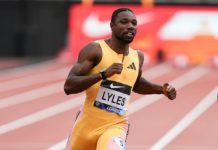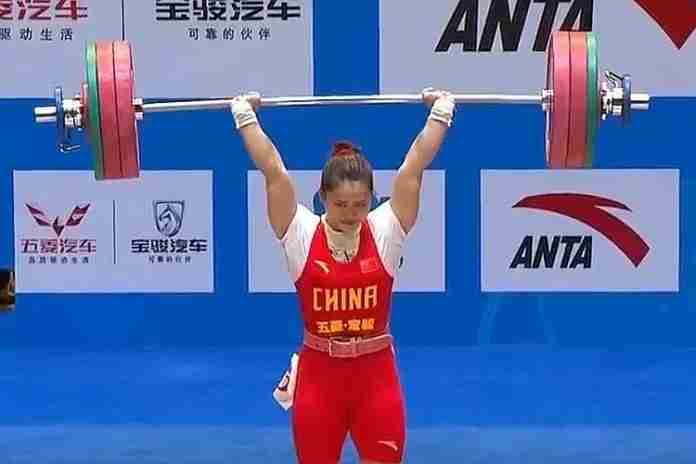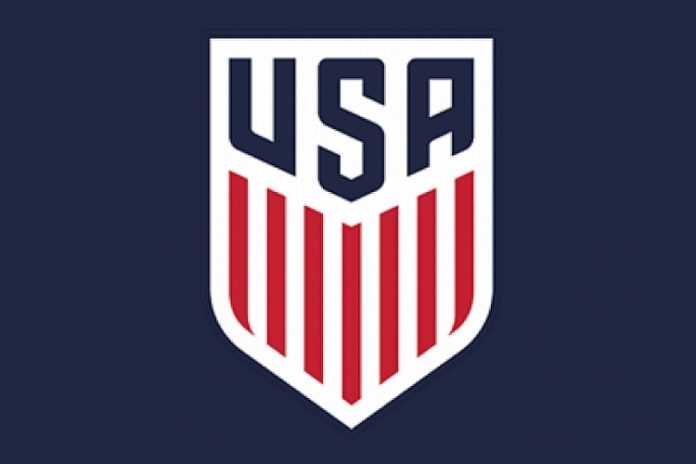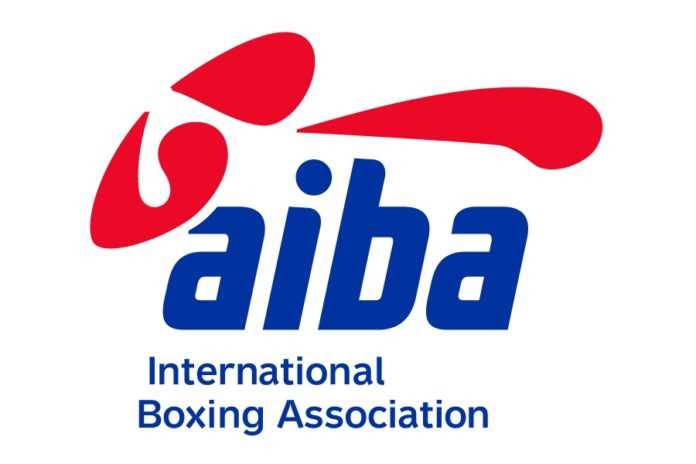 The International Weightlifting Federation was the big winner on the first day of the International Olympic Committee’s Executive Board in Lausanne (SUI) on Tuesday, winning confirmation of its place on the program of the 2024 Olympic Games.
The International Weightlifting Federation was the big winner on the first day of the International Olympic Committee’s Executive Board in Lausanne (SUI) on Tuesday, winning confirmation of its place on the program of the 2024 Olympic Games.
IOC Sports Director Kit McConnell (AUS) told reporters:
“Today, the Executive Board noted a number of areas that the IWF had put in place in the time since December 2017, as our statement, I think, mentions. Firstly, the qualification system for Tokyo, where specifically, the quota places available and also recognizing there was a significant quota reduction for weightlifting, from Rio to Tokyo, but the national federation quotas for Tokyo are linked with the anti-doping records of the respective national federation, and the NOC, and therefore there is a link for the national federations without the issues in the sport to have more quota than those that have had the doping issues. So a direct link between the quotas and the anti-doping history of each country in the qualification system.
“The second was as a work of the two commissions that the IWF had put in place, the real changes that have been implemented in the anti-doping policies and procedures, including the rules of whereabouts information – the fact that the athletes now have to regularly appear at international events and therefore be subject to not only out-of-competition, but in-competition testing at places around the world.
“The third was the work that the IWF has done, with the support of other anti-doping agencies in terms of the methods they have found. I think we referenced the testing for gene doping, but the IWF has really worked with WADA and as I say, increasingly the ITA to look at the processes and policies that they have in place, which in some areas have now become leading policies that are in place.”
There are some details worth noting behind his comments, including:
● Weightlifting has been beset by doping positives, notably 24 from the 2015 World Championships in Houston (USA), 16 from IOC re-tests of the samples from the 2008 Olympic Games in Beijing and 30 from re-tests of samples from the 2012 Olympic Games.
This led to nine countries being banned from the 2017 World Championships in Anaheim (USA), including Russia, China, Kazakhstan, Armenia, Turkey, Moldova, Ukraine, Belarus and Azerbaijan, and severe reductions in participation for most of these countries at the 2018 Worlds in Ashgabat (TKM).
● The IOC was so unhappy about the rash of positives that it cut the athlete quota for the sport from 260 at Rio (156 men + 104 women) to a total of 196 for Tokyo in 2020 (98 men + 98 women).
● The IWF then crafted a qualification system for Tokyo which requires athletes to enter the Games via a points system that further requires athlete participation in international competitions, exposing them to continual drug testing.
Moreover, the qualification program severely limits participation by countries with past anti-doping behavior. For a country with 20 or more doping violations from 2008-2020, it can send one male and one female athlete to Tokyo. For countries with 10-20 doping positives during this period, it can send not more than two men and two women to the Tokyo Games. The leading offenders from 2008 and 2012 – Russia and Kazakhstan – will be able to send just two. A challenge to the new procedures by Kazakhstan was dropped on Tuesday.
● The IWF essentially turned its entire testing program over to the International Testing Agency, in a two-part agreement, the second half of which is still to be concluded (but will be in few days).
McConnell added that, ”once that agreement is in place, and those responsibilities fully transitioned across to the ITA, there will effectively be a normalization of the relationship with the IWF, and that conditional inclusion in the Paris program will be lifted and therefore it is a full inclusion at this stage. But, in doing that, we should also be very clear that the Executive Board decided that in partnership with WADA and with the ITA, that they continue to maintain a very close monitoring of the ongoing implementation of all identified actions and all program identified by the IWF, and the weightlifting family, to insure an ongoing commitment to clean sport. So, there is a very strong ongoing monitoring framework in place as between WADA, the ITA and the IOC moving forward.”
So the IWF needs to be on good behavior, but it dodged a bullet that could have shattered the sport. Good for them.
There were other issues discussed during the first day of the Executive Board meeting as noted by IOC spokesman Mark Adams:
● On AIBA and boxing: Nothing will happen this week, as the Executive Board will simply get a report from its Inquiry Committee. Asked if the resignation of elected AIBA President Gafur Rakhimov was a key factor for the IOC, Adams stated that “this inquiry addresses other aspects about AIBA as well: the finances, governance, ethics, anti-doping and so on. It’s not just, and it shouldn’t be at all thought of as being about one person; it’s a whole range of things.”
● On e-sports: McConnell stated that the Executive Board discussed further work by its liaison group and a plan for the coming year. He was clear that the IOC’s interest was coming right back to its existing sports … in a video-game version, specifying discussions “particularly around, if you like, the electronic versions of games, of sports governed by international federations. We noted the focus on electronic versions of sport and using those for engagement at Paris 2024.” But not as a medal sport.
● On India refusing entry visas for Pakistani shooting athletes, the Executive Board is waiting for a confirmation from the government of India that it will admit athletes from all country to competitions held in that country.
The Executive Board also accepted the resignation of Japan’s Tsunekazu Takeda from the IOC, noted that the due date for guarantees from the 2026 Olympic Winter candidates is 12 April and that the oddly-named Former Yugoslav Republic of Macedonia will now be called the Republic of North Macedonia after the change took effect at the United Nations on 14th of February.
More comes tomorrow, especially the discussion of Paris’s suggestions on new sports for 2024, including breakdancing.
Rich Perelman
Editor




























